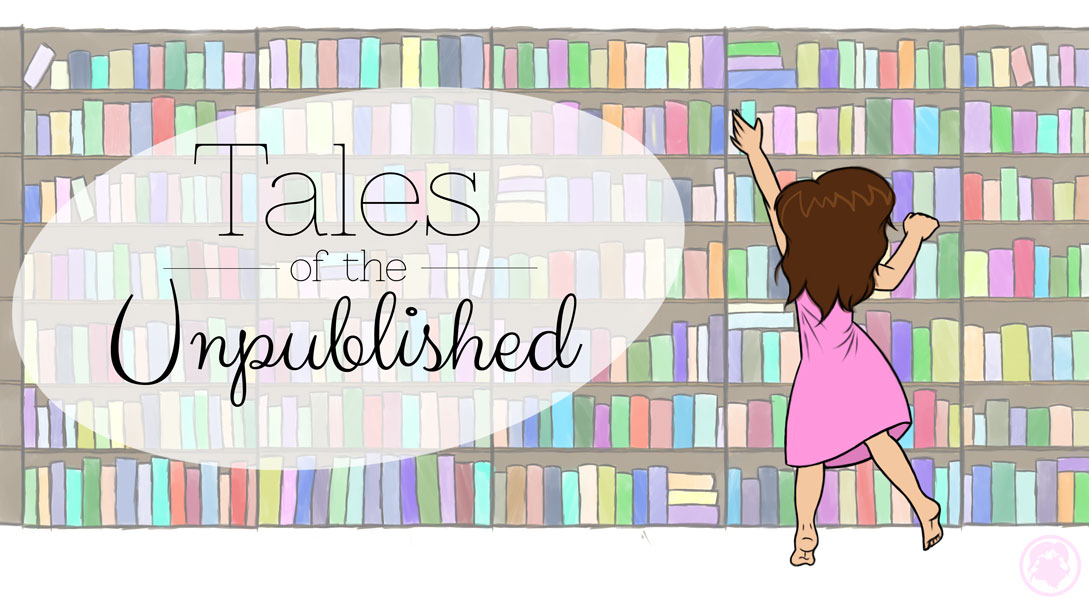I had two problems with this:
1) I studied a different Shakespeare play in every year of high school, plus his sonnetts in my Intro English 1 class at university—there is definitely no lack of mandatory Shakespearean studies in the academic world.
2) Putting all issues of racism, sexism, and politics aside: who decides the literary canon? And who the hell decided it was so important?
(It's also worth noting that UCLA does require one course in each of four different historical periods, one of which will almost certainly cover Shakespeare, so the reliability of this creator is....questionable, at best. But I digress.)
In case you've forgotten: I was an English major. I didn't like English at first; we read Beowulf, sonnets, Shakespeare, and all the other old and stuffy material that is consistently considered part of some overarching and universal "Literary Canon." I hated the literary canon. It was boring, it was hard to understand, and—no matter what my high school English teacher said—I just couldn't see how studying stuff written over a hundred years ago could possibly help my writing skills in the present day.
But in the latter half of my studies, I started taking courses studying things like fairy tales, graphic novels, Disney movies. Almost immediately, I started enjoying my studies more. I was also frequently met with incredulous expressions and questions of amazement whenever I detailed my academic escapades. And I'll admit—writing a research paper analyzing themes of romance and sacrifice in Tangled and The Little Mermaid hardly felt like "real" school.
One of my absolute favourite courses in my degree was called "Popular Literature and Film." My professor emphasized, over and over, that you can do a close reading analysis on anything—anything. We started with Inside Out and The Marvelous Land of Oz, and worked our way to Carrie and Fast Times at Ridgemont High. The point of the class was to see that there is meaning in everything, not just in "literary" media.
Really, all you have to do is take a step into any fandom community to realize the true magnitude of this lesson. Fans notice everything—every pause, every miniscule action, the implications of every editing choice or cinematographic element. Have you seen those Taylor Swift easter egg articles? This one opens with an analysis of a music video release date. Fans dig deep.
But they dig deep because they care. They're motivated, they're interested, so they huddle over media over and over and over again, looking for any scrap of meaning they can find.
I think sometimes people are hesitant to extend media and literature studies beyond the accepted literary canon because there's this ongoing perception that entertainment is incompatible with artistic integrity. Or that there's a departure in quality between "good" (ie: "conventionally literary") books and stuff designed to entertain the masses—like the difference between an indie, avant-garde film and a blockbuster action flick.
But you can read something BOTH for its critical, thought-provoking content AND still read it as simply enjoyable. I learned more about how to think critically when I was thinking about media that I enjoyed, rather than media that came with a Spark Notes study guide. In fact, I'd argue that learning to think critically about media you enjoy at face value can be far more beneficial than looking for the same Great Gatsby symbolism that everyone else has already found.
I think it's increasingly important that we don't start with the stuffy, the hard, and the boring; we should be focusing on the light, the fun, and the interesting. All throughout high school, I think I studied maybe one book that I liked. And don't get me wrong, university had more than its fair share of bad books—but I also had the priviledge of both finding and studying books that I genuinely enjoyed, which ultimately resulted in papers that (now, outside of the bleary, nocturnal habits of a procrastinating student) I'm actually kind of proud of.
ENGLISH CLASS CAN BE FUN! It doesn't have to be about interpreting character emotions through curtain colours. It can be about interpreting new symbolism from your favourite movie, or discussing performative ghostlore in a Shane Dawson video and a 4chan thread. (I would know; I wrote that paper.) How am I supposed to know if a program is a good fit when the first thing we study is a text so old that it has to be translated to English...from English.
This is, of course, not to dismiss or diminish the actual important of the older works that make up "the literary canon." The stuff we write today is influenced, however subconsciously, by all that stuff written 200 years ago. And the canon hasn't stuck around for no reason, either; the stories and themes continue to be relevant and relateable. They speak to us and appeal to us, and thus continue to be important. But, if anything, this makes it all the more valuable to study the canon alongside the more "popular," the more "modern," or any other works that we often exclude form the literary canon. Studying both allow us to notice the similarities and trends and to more fully understand why the older texts are important in the first place.
But to assume that the literary canon is the only source of valuable and critical interpretation is...well, ignorant. And boring. Not to mention kind of gatekeeper-ish. I promise, there is just as much academic benefit in studying recent Canadian graphic novels as there is in any Charles Dickens book you throw at me.
Until later,
- Justyne
